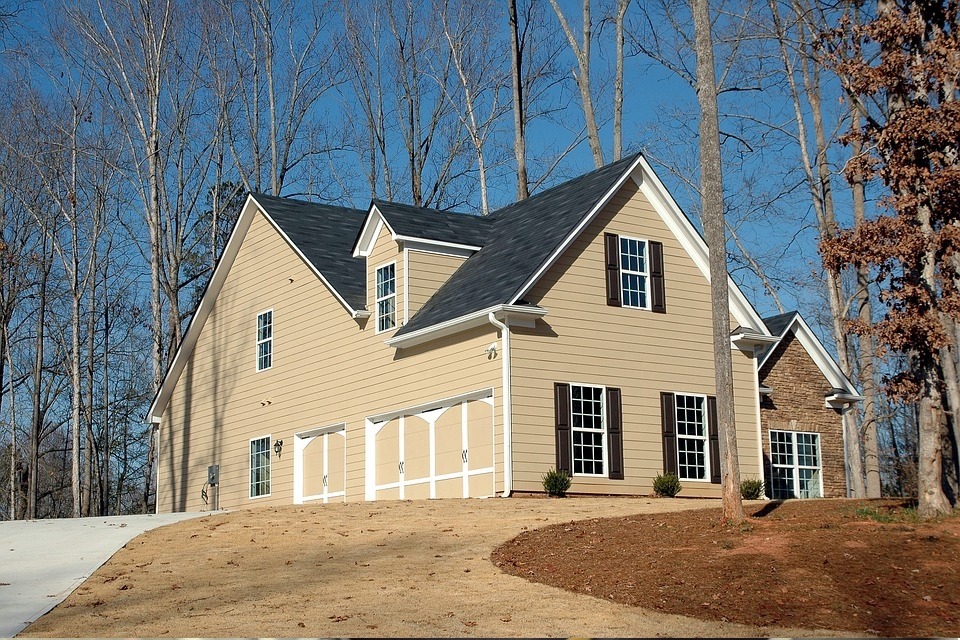Buying a home is an incredible step for new homeowners, but it would be much wiser to inquire whether you can afford it to the best of your abilities. Not only do you need to account for potential new expenses that you’ll be handling with your new property, but you also need to be wary of any hidden costs that come with it, like maintenance or repair costs.
Therefore, we would suggest that you take a more economical approach before buying a new house. In other words, you have to budget for buying a house. Just remember that budgeting for a house doesn’t stop even when you acquire the keys to your new abode.
How to Budget When Buying a Home
1. Keep the 25% Rule in Mind
One of the simplest ways to budget for a home is the 25% rule. This rule indicates that your mortgage shouldn’t be more than 25% of your monthly gross income. The FHA (Federal Housing Administration) is more courteous towards potential new homeowners and allows them to spend about 31% of their gross income on a mortgage. However, if there are other debts, then you need to take them into account along with your monthly mortgage payment to know how much you can actually afford a property.
Before deciding whether they can lend you money, mortgage lenders typically look at a borrower’s debt to income ratio. Let’s assume that you have a $1,000 monthly mortgage payment and other expenses that also account for $1,000, overall amounting to $2,000. If you have a gross monthly income of $7,000, then your debt to income ratio would be approximately 29%.
The highest DTI ratio that borrowers are liable for is 43%. Anything higher than that would make it impossible for lenders to give you a loan.
2. Determine the Costs of Owning a Property
A monthly mortgage payment isn’t the only thing that you will be accounted for when opting for a new home. There will be other expenses that need to be considered after buying a home.
HomeZada co-founder John Bodrozic says the expenses for first-time homebuyers fall in the four separate categories:
- Insurance, property, and mortgage taxes
- Utilities including water, electricity, garbage collecting, pest control, phone and internet services
- Repair and maintenance costs
- Remodeling costs
Apart from your home loan’s interest and principal, the mortgage payment might include an escrow from the yearly property taxes, homeowner’s association dues, and homeowner’s insurance. If they’re not, then you may need to have these hidden costs separately in your budget.
You also need to tally other monthly expenses, such as groceries and tuition. The number you get after that is your expendable income. If you want a quick online budget plan to keep track of your monthly expenditures, visit mint.com.
If you’re saved up already and are looking for a home in Brampton now, you’re better off getting help from Paradise Developments.
3. Cut Back on Unnecessary Spending
Another thing that you need to consider when knowing how to budget to buy a house is that you need to cut back on unnecessary spendings. One of the best examples we can share with you is to prepare your own meals instead of always calling for pizza or going out to eat. Not only will you save up on meals that cost less than the ingredients you buy from grocery stores, but your overall health and well-being will also be better off as well.
Another suggestion would be to cut off a service that you’re no longer using. For instance, why bother being subscribed to Netflix if most of your favorite content exists at HBO Max?
Likewise, if you have clothes that you no longer wear and are just taking up space in your closet, sell them off or donate them to charity. In other words, only hold on to those things that offer you more value currently and try to bring the overall budget down as much as possible so you can put it into your savings and then pay off as many outstanding loans and credit cards.
4. Look Into Your Life Insurance and Savings
An emergency fund, retirement account, and life insurance policy can save you plenty of financial headaches going forward after buying your new home.
- Emergency fund: As its name implies, an emergency fund is when you have saved enough money to cover expenses related to emergency or arbitrary situations. These expenses are covered between 3 to 6 months. And after buying a home, those living expenses may likely increase.
- Life insurance: if you wish that your life insurance covers not only the entire mortgage but also numerous years of living expenses in the unfortunate incident that you might expire, then you’ll need to buy a higher amount.
- Retirement contributions: See if your ongoing retirement contributions are enough to cover your new household’s expenses once you’re no longer employed. And if you’re still paying a mortgage when retired, you might need to allocate more.

